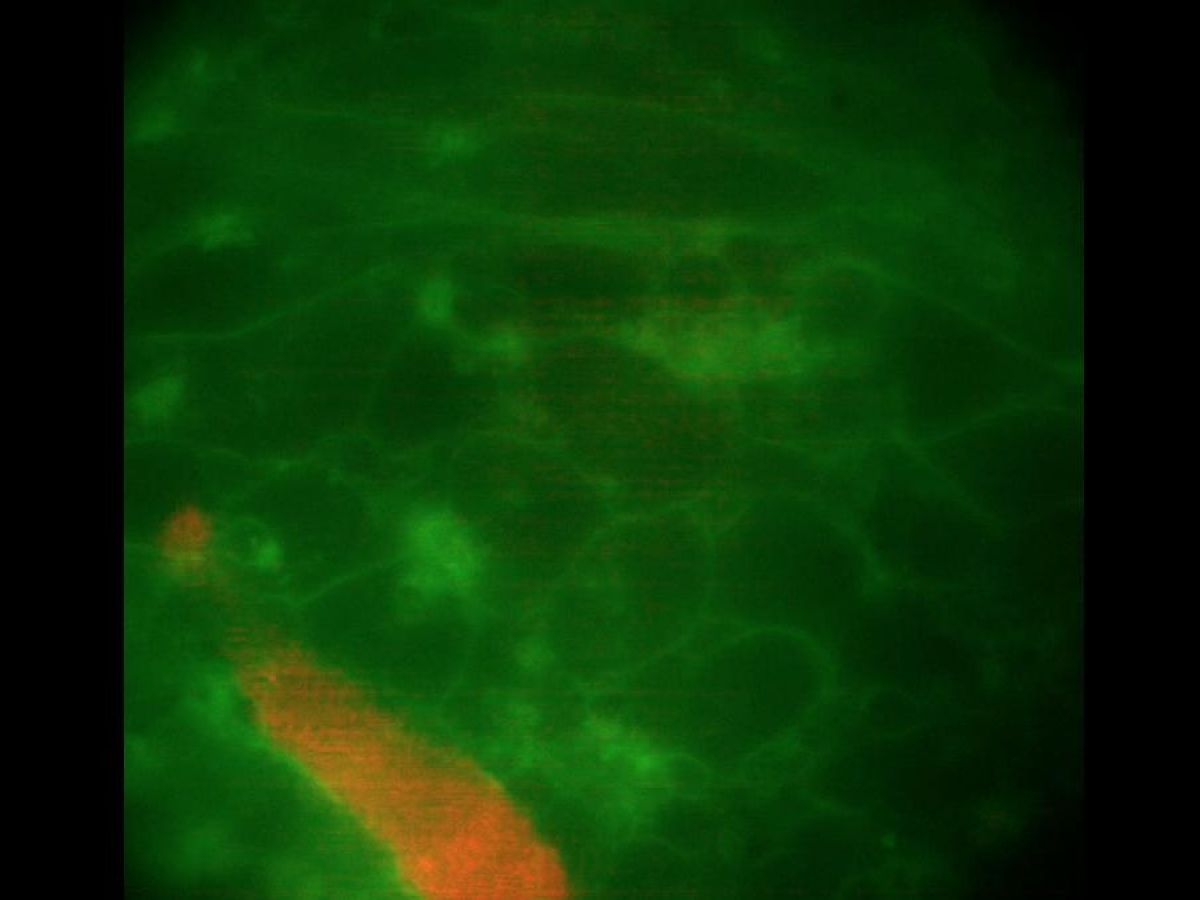
Compounds found in broccoli have previously been linked to breast cancer prevention. Researchers at Hunan Agricultural University in China have found a way to improve these compounds through genetic engineering.
Can eating genetically modified broccoli prevent cancer?
A new study has found that broccoli contains genes that enhance the anti-cancer properties of its compounds. This could lead to functional varieties.
The genetic basis of glucosinolates, substances with health benefits such as their anti-cancer qualities, has been discovered through extensive genomic analysis. The researchers identified the essential genes responsible for glucosinolate production. The research could help broccoli plants increase their glucosinolate content, improving their nutritional profile and possibly reducing their cancer risk.
The health benefits of broccoli have been recognized for many years. It is rich in vitamins and minerals that help stabilize, reduce inflammation blood sugarThe immune system is strengthened by consuming a lot of it. The high glucosinolate content of this fruit, with its anti-carcinogenic, antioxidant and anti-cancer properties, is what prompted the researchers to carry out this study.
Can genetically modified broccoli prevent cancer?
This study published in Horticulture Research demonstrated that overexpression of BoMAM1 in broccoli significantly increased GSL C4 accumulation. It also highlighted its crucial role in glucosinolate biosynthesis. It also provided insight into the evolutionary mechanisms that contribute to the diverse glucosinolate profile of different Brassica species.
Our results provide a comprehensive understanding of the genetic factors that influence glucosinolate production in broccoli, said Dr. Junwei Wang. This knowledge is essential for improving the nutritional quality of Brassica plants and future genetic improvements.
The genetic basis of glucosinolate variation remains a mystery despite extensive research on Brassica species. However, understanding the mechanisms behind this diversity is essential to improving the nutritional quality of broccoli and other related crops. The different glucosinolates have been identified in previous studies, but more research is needed to determine which genes are involved and how they contribute to glucosinolate synthesis. The team believes that these gaps need to be filled in order to develop genetically improved Brassica plants with better health benefits.
Research into cancer prevention and treatment is vital.
The number of cancer patients has increased dramatically over the past fifty years. The World Health Organization also highlights the fact that "the burden of cancer continues to increase globally and places enormous emotional, physical and financial stress on individuals, their families, communities and health systems."
Scientists and health experts from all countries are constantly looking for new ways to prevent and treat cancer. These solutions will likely continue to be pharmaceutical, but will also include the use of foods and beverages as medicines.
Can Broccoli Prevent Cancer?
Broccoli is a vegetable that belongs to the Brassicaceae family.
Vijaya Surampudi MD, assistant professor at UCLA Health, explains that studies have been conducted on the topic since 1997 by Dr. Jed Fahey, a nutritional biochemist and professor at Johns Hopkins University. Since then, broccoli sprouts have been found to contain anti-cancer compounds.
Broccoli is rich in a phytochemical called sulforaphane. This plant compound has been shown to reduce the risk of cancers such as prostate, breast, colon and oral cancers.
Other vegetables such as kale and cabbage as well as garden cress, cauliflower and watercress also contain sulforaphane.
Source: Chromosomal-scale reference genome of broccoli (Brassica Oleracea var. Italica Plenck provides an overview of glucosinolate metabolism
Online since: May 5, 2024
DOI: https://doi.org/10.1093/hr/uhae063
Authors: Qiuyun Wu, Shuxiang Mao, Huiping Huang et al.


